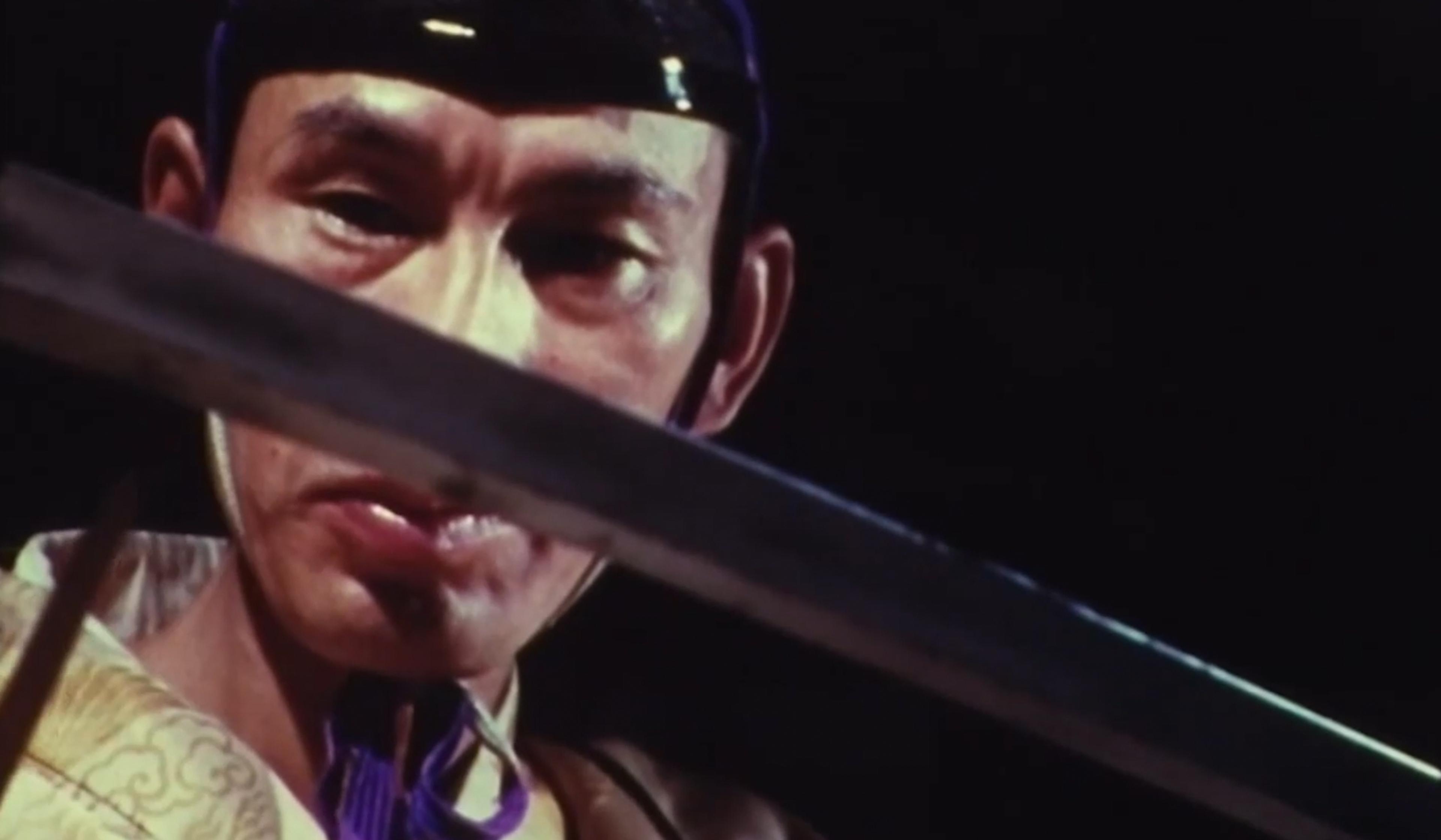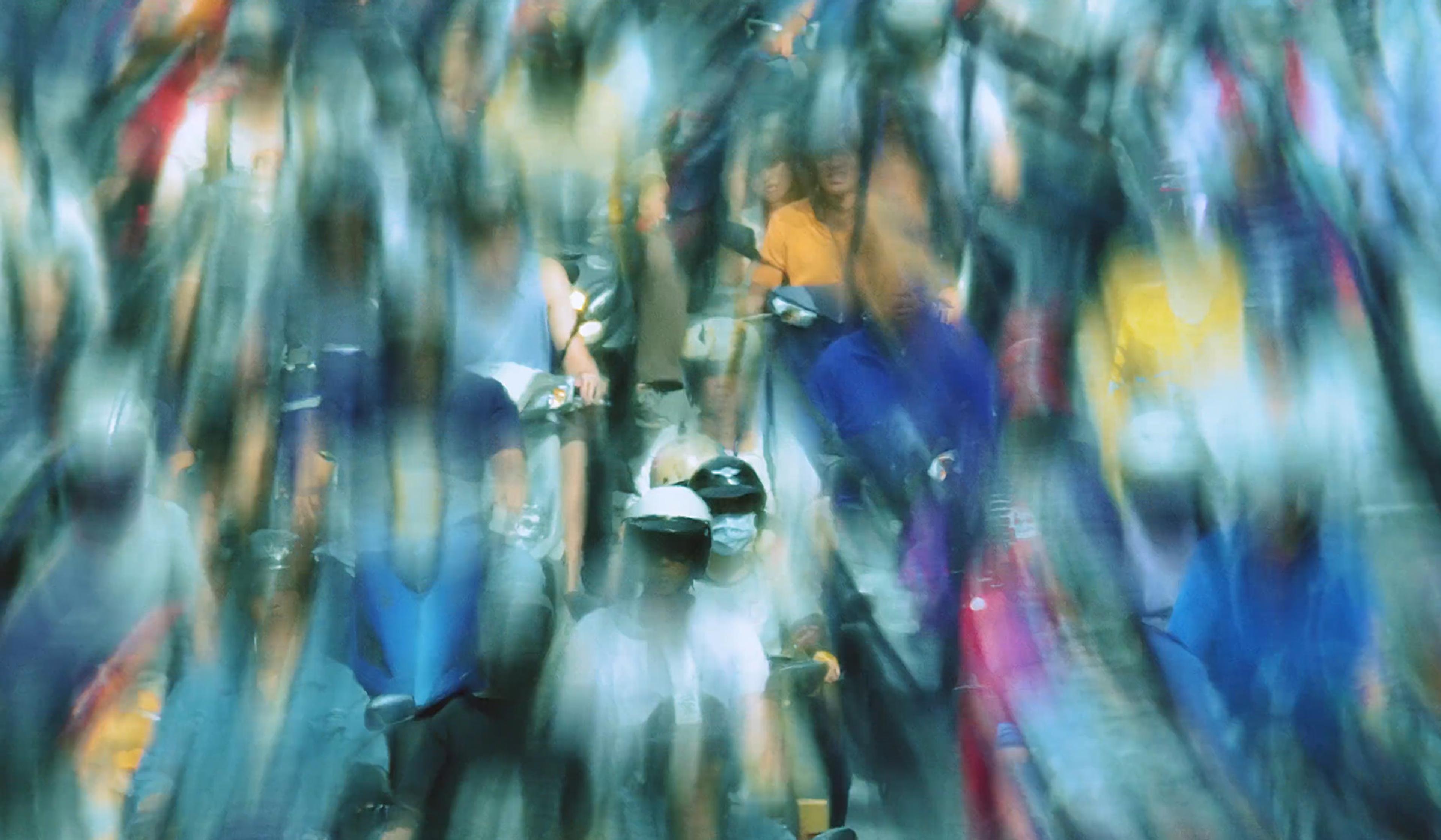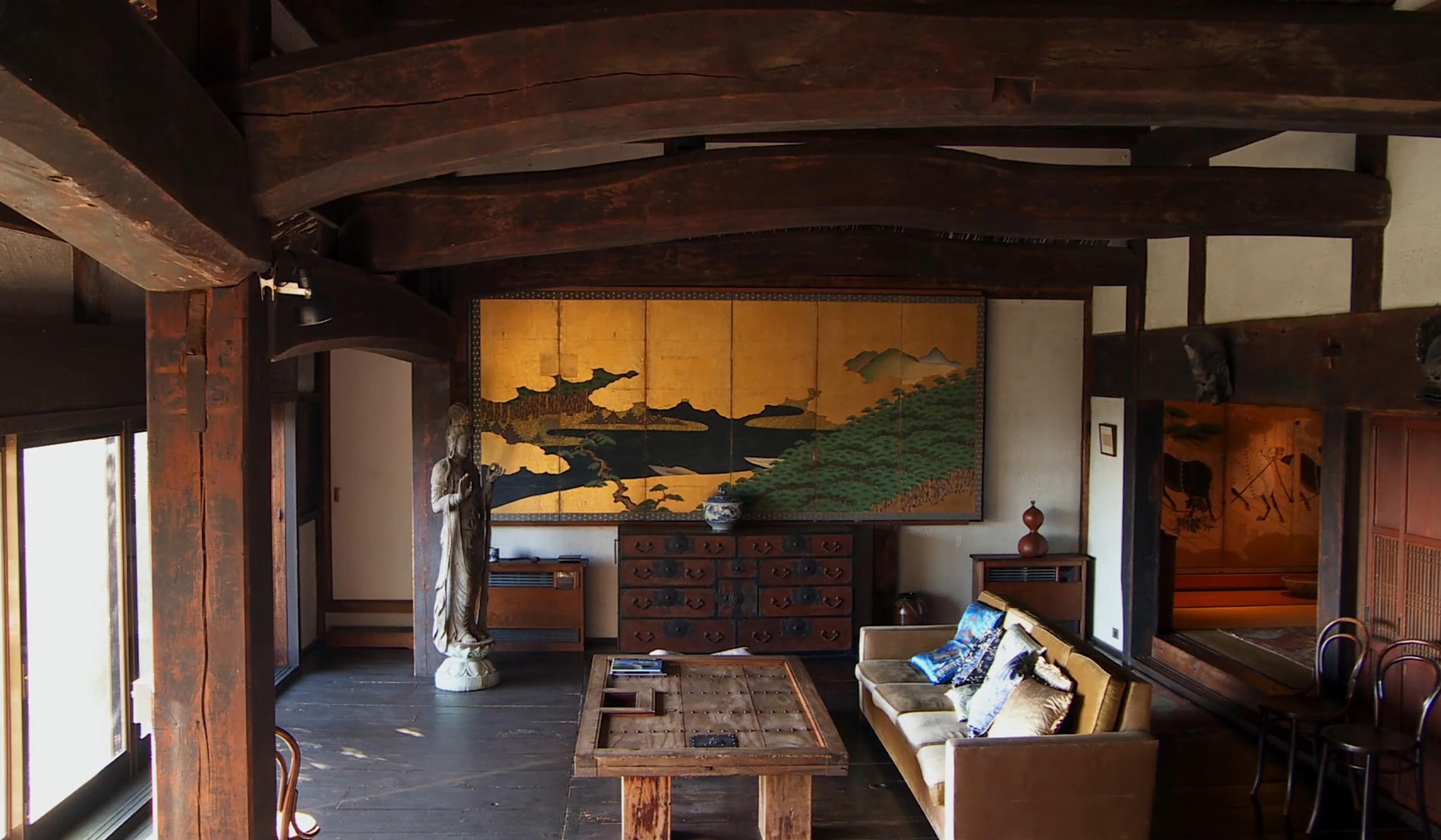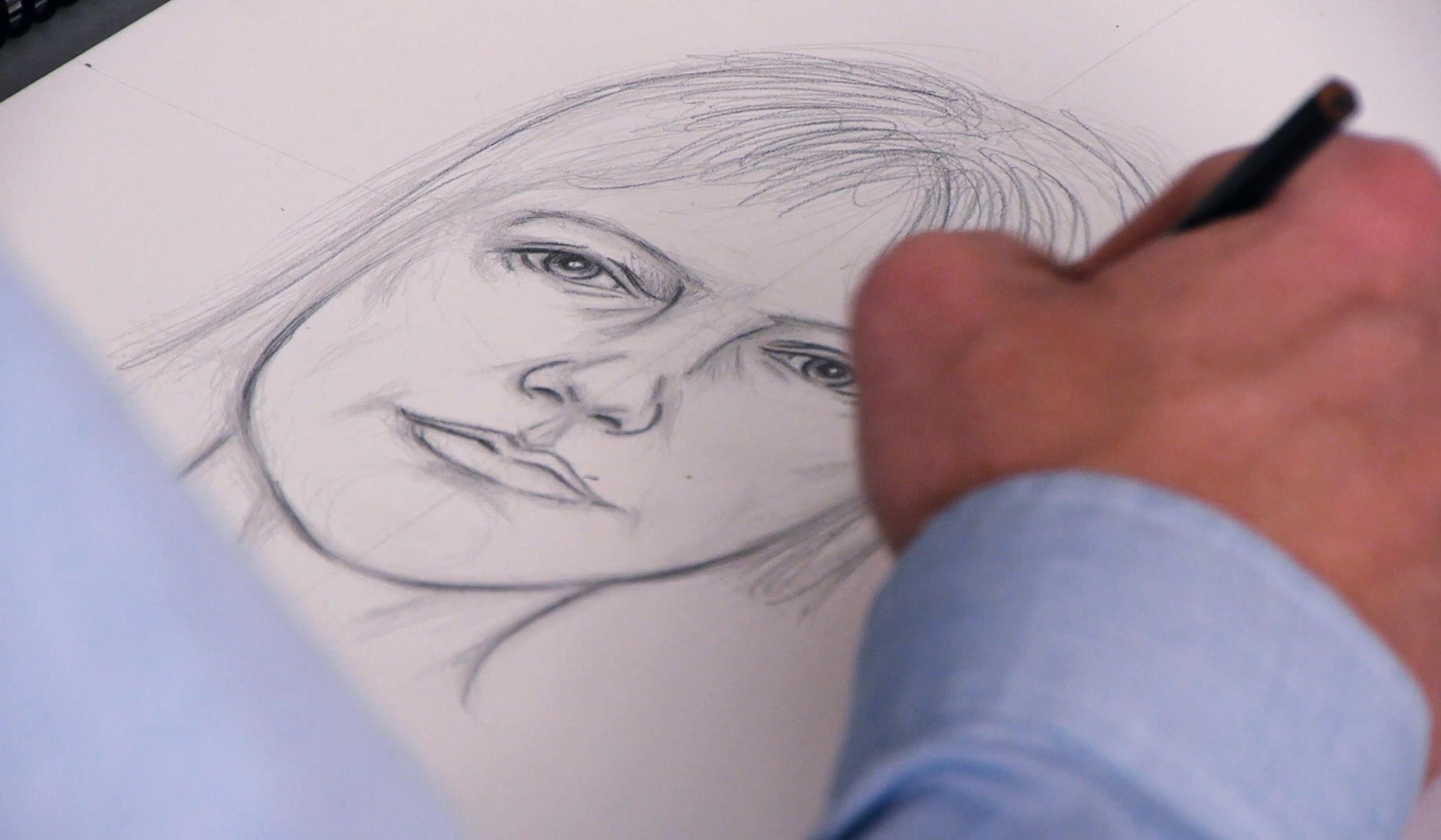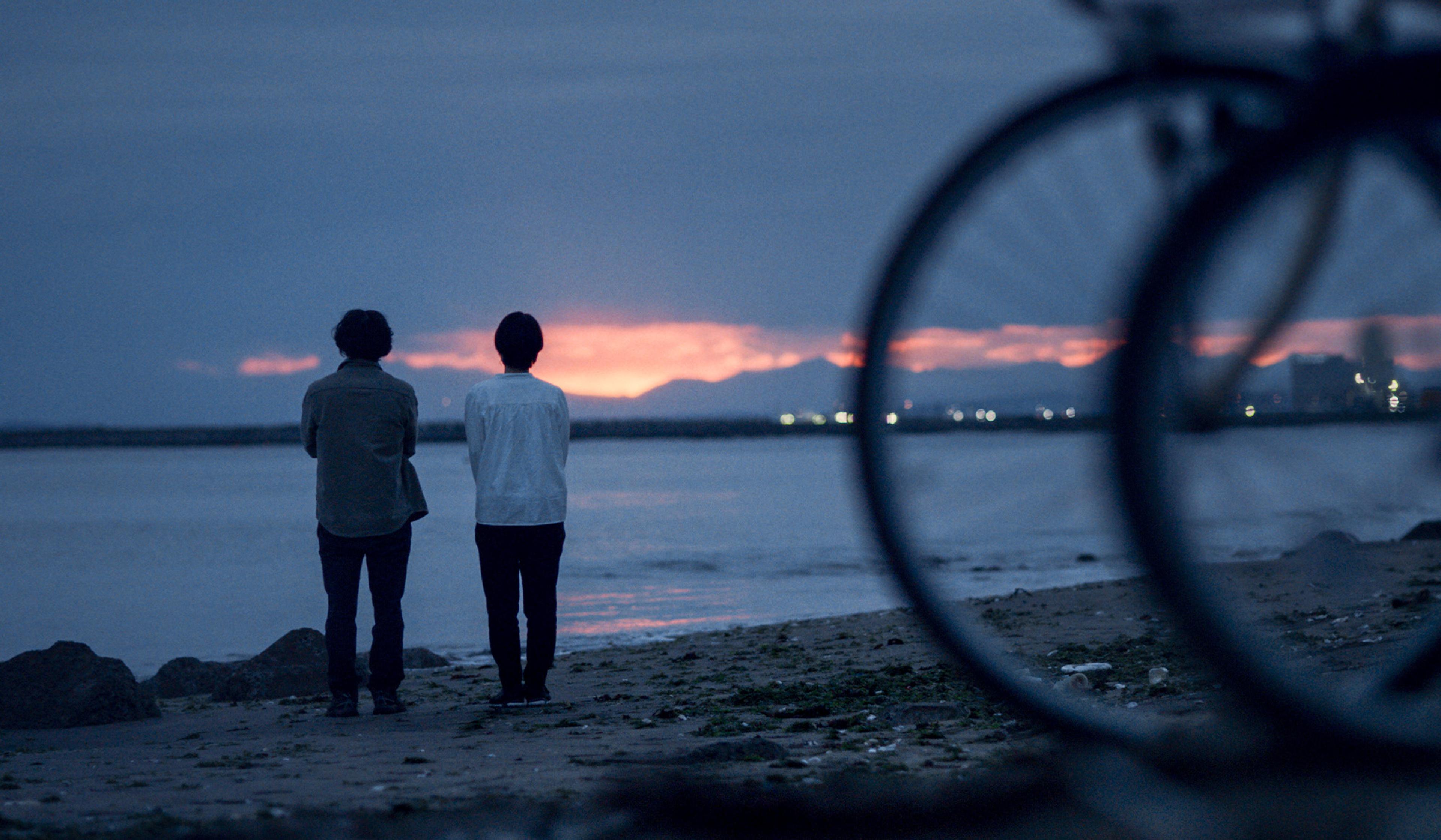A samurai is found dead. Four eye-witnesses come forward to tell their version of events, but their stories contradict one another. What’s going on?
This is the premise at the centre of the Japanese director Akira Kurosawa’s classic film Rashomon (1950), which is based on two short stories by the Japanese writer Ryūnosuke Akutagawa. However, the notion that many seemingly reliable observers could be convinced that they each saw something very different is more than just an inventive plot device. As this TED-Ed animation explores, what’s become known as the ‘Rashomon effect’ has, time and time again, reared its head in psychological studies, showing how hidden factors including biases can influence one’s view of reality. And, beyond the Rashomon effect’s important practical implications for law, psychology and even science, it also raises even deeper philosophical questions about the concepts of reality, knowledge and truth.
